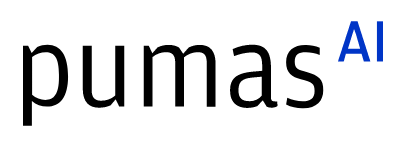Eric B. Ford
<a href="https://personal.psu.edu/~ebf11">Eric Ford</a> is a Professor of <a href="http://astro.psu.edu/">Astronomy & Astrophysics</a> at the Pennsylvania State University, where he is active in its <a href="https://www.icds.psu.edu/">Institute for Computational & Data Sciences</a>, <a href="https://astrostatistics.psu.edu/">Center for Astrostatistics</a>, and <a href="https://exoplanets.psu.edu/">Center for Exoplanets & Habitable Worlds</a>. Ford’s research focuses on detecting and characterizing planetary systems around other stars. This often involves using Julia to apply modern Bayesian methods to improve the interpretation of exoplanet observations. Ford has taught a graduate-level class on <a href="https://psuastro528.github.io/">High-Performance Computing for Astrophysics</a> using Julia since 2014.
Talks:
18:00 UTC
Julia in Astronomy & Astrophysics Research
This minisymposium aims to provide researchers in astronomers and astrophysicists an opportunity to share how Julia has enhanced their science and the challenges they encountered. We aim to identify shared needs (e.g., opportunities for new/upgraded packages) that could significantly accelerate the adoption of Julia among the astronomical research community. A secondary goal is to help strengthen the community of Julia developers active in astronomical research.
14:50 UTC
RVSpectML: Precision Velocities from Spectroscopic Time Series
Astronomers have detected nearly a thousand exoplanets by precisely charting the radial velocity (RV) wobble of their host stars. The RVSpectML family of packages is a new, open-source, modular and performant pipeline for measuring radial velocities and stellar variability indicators from spectroscopic time-series. This talk aims to give potential users and/or developers an overview of the component packages and their status.
Platinum sponsors



Gold sponsors


Silver sponsors








Media partners



Community partners


Fiscal Sponsor
